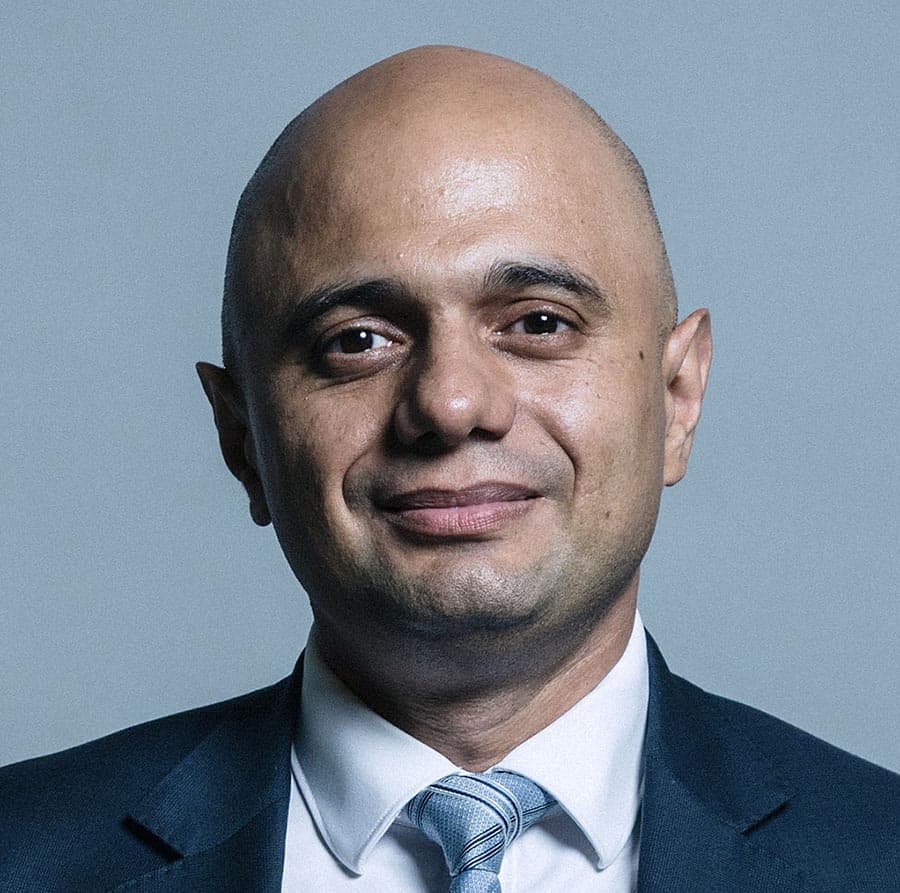Major reforms to NHS workforce planning and tech agenda unveiled by Sajid Javid

Recruitment, training and retention of NHS staff and digital transformation will be put at the heart of the NHS in England, under new reforms announced by the Secretary of State for Health and Social Care.
The plans will aim to see more patients benefit from the best possible care, with the right staff in place to meet patients’ needs.
Health and Social Care Secretary Sajid Javid is also setting out his intention to merge the body responsible for the education and training of the health workforce, Health Education England (HEE), with NHSE/I, putting long-term planning and strategy for healthcare staff recruitment and retention at the forefront of the national NHS agenda.
In addition, Secretary of State has accepted the recommendations of Laura Wade-Gery, Non-Executive Director at NHS England and Chair of NHS Digital, including to merge NHSX and NHS Digital into NHSE/I.
The recommendations build on the progress made on digital transformation during the pandemic and will improve cooperation between the key digital bodies of the NHS by bringing them under one roof for the first time.
By merging these three organisations with NHSE/I, the UK Government and the NHS are aiming to ensure the health and care sector is fully equipped to face the future and deliver for patients.
The changes are intended to better support the recovery of NHS services, address waiting list backlogs, and support hardworking staff, all while driving forwards an ambitious agenda of digital transformation and progress.
Health Education England Chair Sir David Behan said: “The current arrangements separate service and financial planning from workforce planning and development. These changes bring these three functions together at the centre of the NHS and reinforce the priority of workforce at the very heart of the NHS. They will allow more progress to be made more quickly.”
Non-Executive Director at NHS England and Chair of NHS Digital Laura Wade-Gery added: “In the rest of our lives, digital has really changed how we live and we must now make this true in healthcare. The goal of my review is to equip the national centre with the right capability to support Integrated Care Systems to deliver better citizen health.
“We need to have the culture, operating model, skills, capabilities and processes to put data, digital and technology at the heart of how we transform health services. I’m delighted that the Secretary of State and Amanda Pritchard intend to implement my recommendations and accelerate progress in transforming the way healthcare is delivered.”
The workforce reforms build on the progress HEE has made, with record numbers of doctors and nurses currently working in the NHS, according to the government.
This includes integrating NHS, workforce and finance planning in one place at a national and local level; driving changes to education and training to allow employers to recruit the health professionals they need to provide the right care to patients in the years to come; enabling a single national strategy for the NHS and make every penny of the record government investment in the NHS count; and providing a simplified national system and single line of accountability for NHS performance.
The NHS and social care sectors have made significant digital and technological advancements over the last few years, especially in the wake of the pandemic.
Working at pace, both NHSX and NHS Digital have delivered innovative solutions to new challenges, such as monitoring patients at home in virtual wards and the rollout of NHS COVID Pass.
In addition to these reforms, the Department of Health and Social Care (DHSC) will also establish a Digital Delivery Unit to sit within the existing NHS Delivery Unit. This single, central unit with data at its core will help government better understand the blockers to recovering NHS services following the pandemic and how they can be overcome.
From April 2022, due to the new Health and Social Care Levy, UK-wide healthcare funding will rise by a record £36 billion over the next three years, and the government reforms aim to ensure this funding makes a lasting impact.

